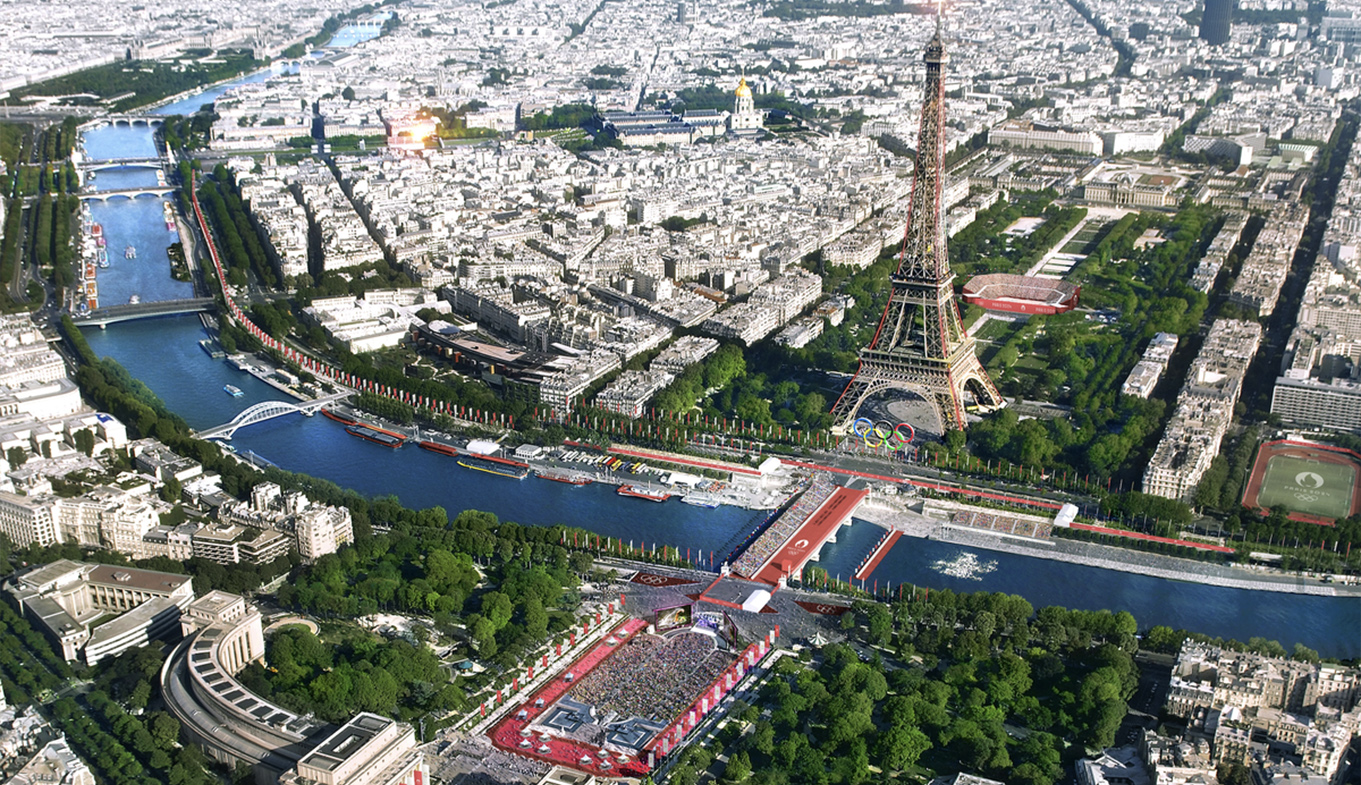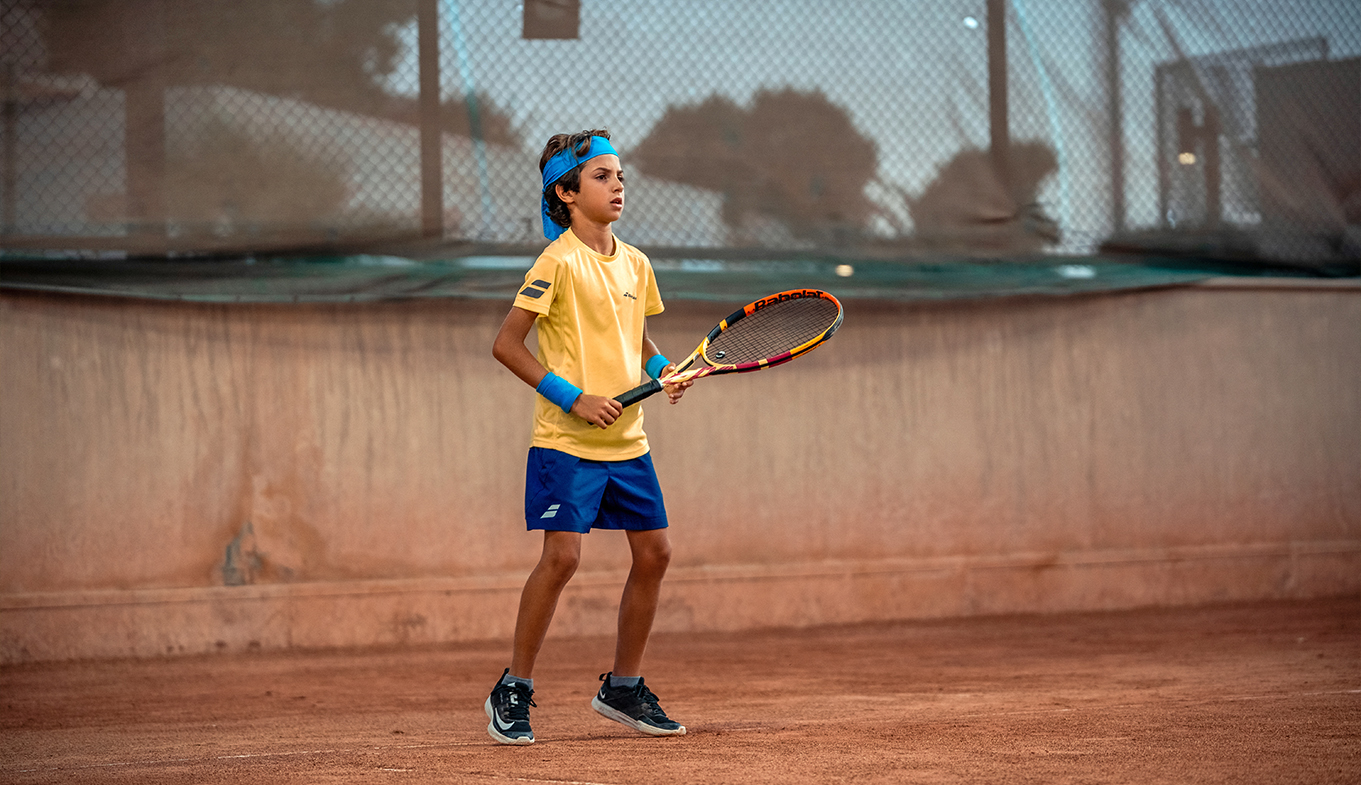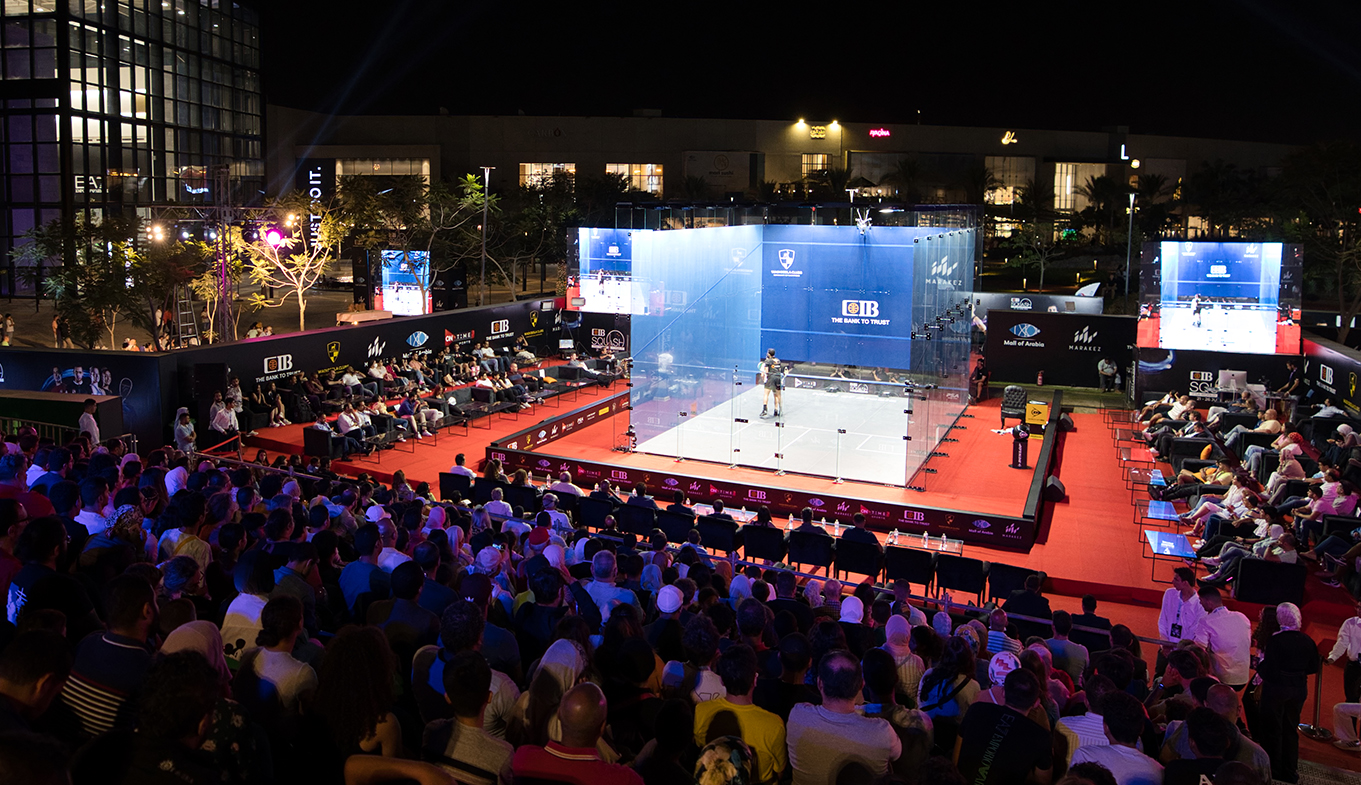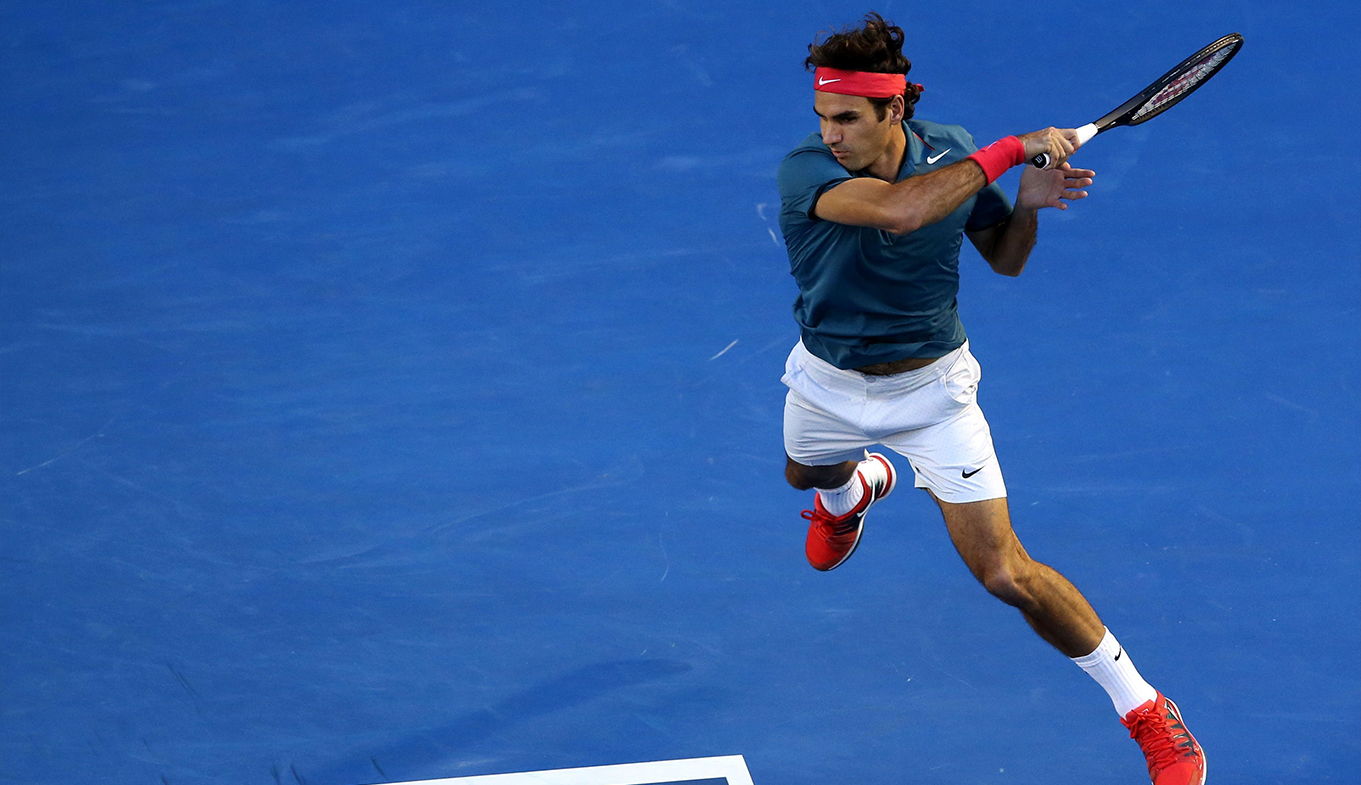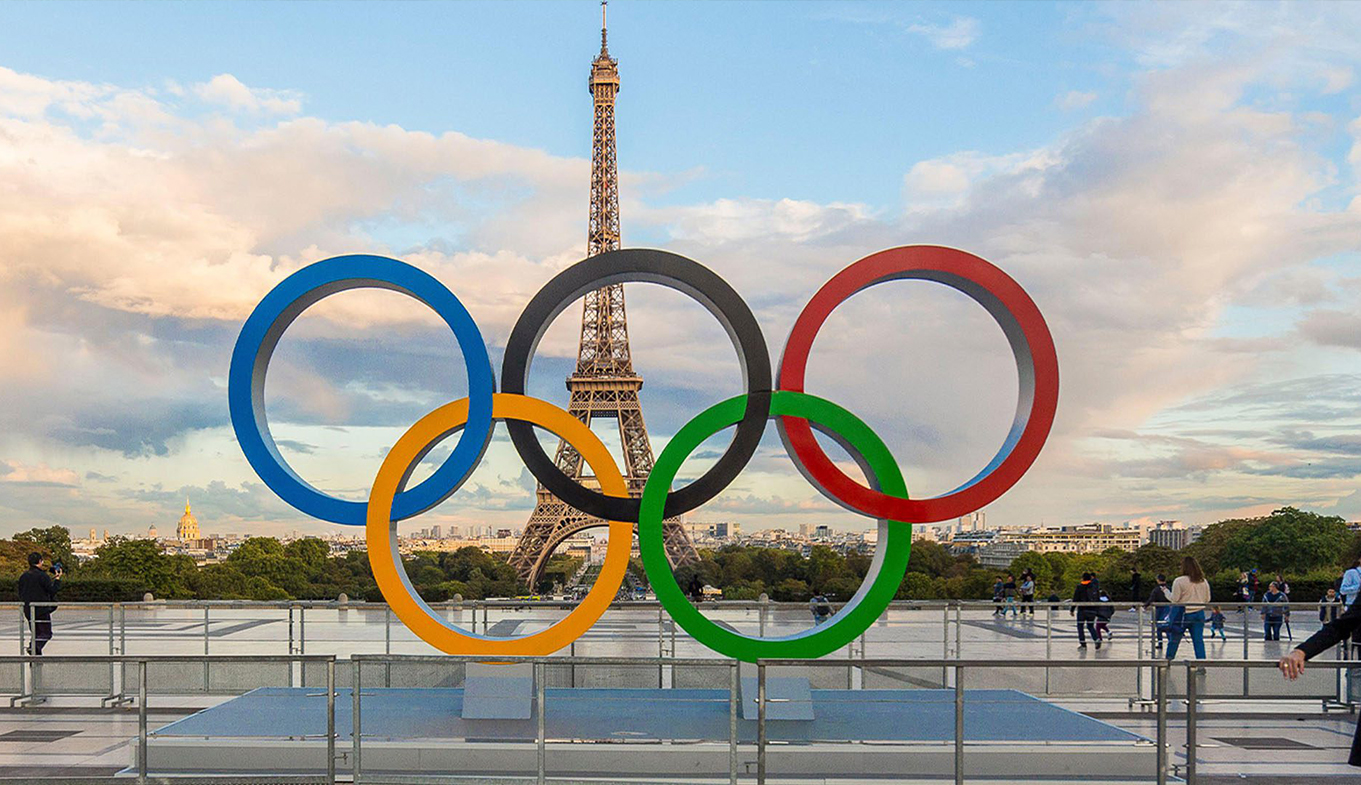A Showcase of New Sports and Global Challenges
Equestrian sports will be a captivating part of the 2024 Summer Olympic Games in Paris. Dressage, eventing, and show jumping will showcase the grace, athleticism, and partnership between horse and rider. These events highlight the rich tradition and excellence of equestrian sports in the Olympic movement and showcase the incredible bond between horse and rider, as well as the skill, precision, and athleticism required in these disciplines.
Equestrian sports have been a part of the Olympic Games for over a century, and they will continue to be featured at the 2024 Summer Olympic Games in Paris. In the jumping discipline, riders and horses are timed as they jump over obstacles, knocking over as few as possible – with penalties for each obstacle toppled. Agility, technique and harmony between the horse and rider are essential.
Dressage is the most advanced form of horse training. The horse and rider perform artistically in a series of movements to music. Judges evaluate the ease and fluidity with which they move around the course. The third event, eventing, resembles an equestrian triathlon. It combines the two other events, jumping and dressage, with a third – cross-country, which consists of a long course combining solid and natural obstacles, drawing on the athletes’ endurance and experience. The horse and rider with the most versatile skills win the three events.
It is important to note that equestrian sports require the utmost care and welfare of the horses. The Olympic Games have strict regulations and protocols in place to ensure the well-being of the horses, including veterinary checks and anti-doping measures. The Equestrian events will take place between the 27th of July and the 6th of August 2024.
The upcoming Paris Olympic and Paralympic Games are set to be a grand celebration of sportsmanship and inclusivity. With the inclusion of new sports, the games promise to captivate audiences worldwide. However, amidst the excitement, the organizers face numerous challenges, and the current global conflicts, such as the Russia-Ukraine war and the Gaza-Israel war, have cast a shadow over the event.
Paris 2024 will include 28 Olympic sports; Archery, athletics, badminton, basketball, basketball 3×3, boxing, canoe slalom, canoe sprint, road cycling, cycling track, mountain biking, BMX freestyle, BMX racing, equestrian, fencing, football, golf, artistic gymnastics, rhythmic gymnastics, trampoline, handball, hockey, judo, modern pentathlon, rowing, rugby, sailing, shooting, table tennis, taekwondo, tennis, triathlon, volleyball, beach volleyball, diving, marathon swimming, artistic swimming, swimming, water polo, weightlifting, and wrestling.
Paris 2024 submitted its proposal to the International Olympic committee (IOC) to integrate four new sports that are closely associated with youth and reward creativity and athletic performance. These sports are breaking, sport climbing, skateboarding, surfing. All four are easy to take up and participants form communities that are very active on social media. Over the next five years, the inclusion of these events in the Olympic Games will help inspire millions of children to take up sport. The IOC confirmed the event program, related athlete quotas and the integration of new sports for the Olympic Games Paris 2024 in December 2020.
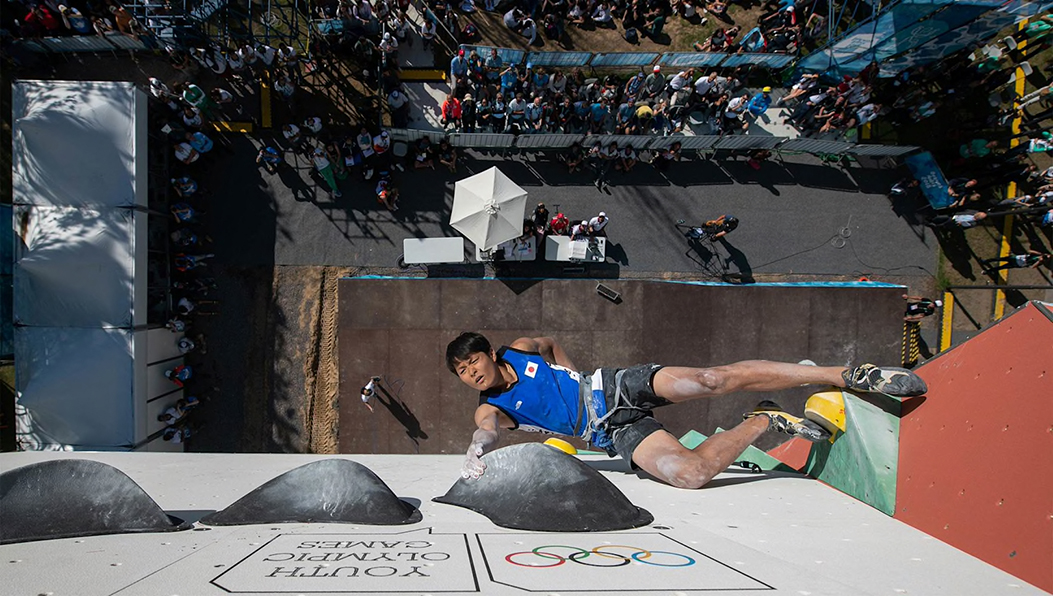
Breaking is a style of dance that originated in the United States in the 1970s. It took form in the lively block parties in the Bronx, emerging from hip hop culture, and is characterized by acrobatic movements, stylized footwork, and the key role played by the DJ and the MC (master of ceremonies) during battles.
International competitions were first held all over the world in the 1990s, popularizing the dance form both among hip hop communities and the general public along the way. At the Paris 2024 Games, the breaking competition will comprise two events – one for men and one for women – where 16 B-Boys and 16 B-Girls will go face to face in spectacular solo battles.
Athletes will use a combination of power moves – including windmills, the 6-step, and freezes – as they adapt their moves and improvise to the beat of the DJ’s tracks in a bid to secure the judges’ votes and take home the first Olympic breaking title. Breaking made its Olympic debut at the Youth Olympic Games in Buenos Aires in 2018.
Following its outstanding success, breaking has been chosen to feature on the Paris 2024 Olympic sports program as a new sport, along with surfing, skateboarding, and sport climbing. The breaking events will take place on the 9th and 10th of August 2024 for B-Girls (women’s) and B-Boys (men’s) at La Concorde facilities, which will be temporary, grouping together and sharing the resources for four sports at one venue.
The venue’s set-up and supply operations will also be facilitated by this shared approach. The venue will be accessible with public transport thanks to the Paris Region’s dense public transport network, and, as for each Olympic venue, particular care will be taken with the last mile, which is especially important for people with impaired mobility.
Sport climbing is a modern discipline that has become immensely popular over the past 20 years. It is a young, mixed sport – with 39% of climbers under 18 years old – practiced both outdoors and in a more urban format indoors. There are over 25 million climbers in around 150 countries all over the world.
In 1985, a group of climbers gathered in Bardonecchia, near Turin, Italy, for an event called “SportRoccia”, which became the first organized lead competition in which competitors climb within a certain time frame. One year later, the first competition event on an artificial climbing wall was organized in Vaulx-en-Velin near Lyon, France.
At the Olympics, sport climbing involves three formats: boulder, speed, and lead. In boulder, athletes climb 4.5m high walls without ropes, in a limited period of time and in the fewest attempts possible.
Speed is a spectacular race against the clock in one-on-one elimination rounds that combine precision and explosivity. The best athletes scale a 15m high and five degrees inclinated wall in under six seconds for men and under seven seconds for women.
In the lead event, athletes climb as high as they can on a wall over 15m high in six minutes without having seen the route ahead of time. The routes for this event are more and more complex and challenging during the event, requiring all of the athletes’ physical and mental ability.
In Tokyo, each athlete competed in all three disciplines and the final scores reflected the combined results of the three competitions. The climber with the lowest score took home the first Olympic gold medal in the history of sport climbing.
In Paris 2024, two competitions will crown their own Olympic champion in sport climbing. One will be a combined competition of boulder and lead events, and the second one will only feature a speed event. Sport climbing took its first steps on the Olympic stage at the Buenos Aires Youth Olympic Games in 2018.
The event had not been highly publicized, but the public was impressed by the spectacle and the suspense of this exciting sport. A hit at the youth events, sport climbing then made its debut at the Games at Tokyo 2020, joining the Olympic program as a new sport.
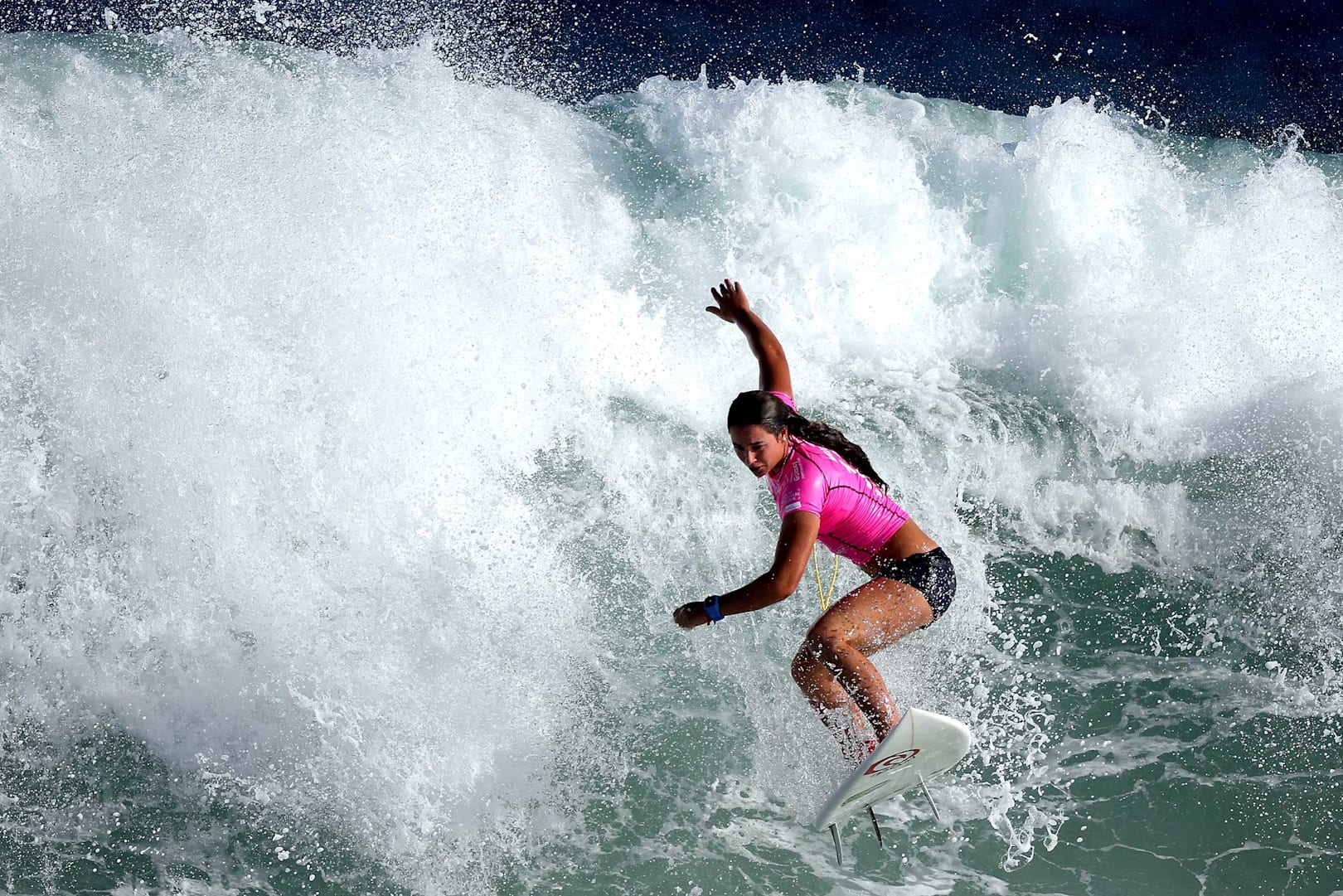
The originality of these events as well as the discipline’s visual, aesthetic, and exciting nature make it a very popular and widely-practiced sport for young people that can take place in very diverse environments, urban or natural. Sport climbing will also be one of the four new sports of Paris 2024, alongside breaking, surfing, and skateboarding, and it also will be in the Olympic program of the Los Angeles 2028 Olympic Games. In 2024, Boulder and lead combined events will take place between the 5th and the 10th of August 2024, while the speed events will take place between the 5th and the 8th of August 2024. Boulder & lead combined (women’s / men’s) and Speed (women’s / men’s) will be held at Le Bourget Climbing Venue, in Le Bourget city.
Skateboarding is a young and spectacular sport that developed in the US in the 1950s as surf culture was taking off. It was then part of the underground, alternative culture of the 1980s, going hand in hand with the values of freedom, rebellion, and thrill-seeking. The sport continued to develop and became more widely accessible at the start of the 21st century, proving a huge hit among young people. The world’s greatest skateboarders will face each other at the Olympic Games, competing in the two most popular and spectacular disciplines: park and street. Athletes must carry out their most impressive tricks, meeting criteria for the degree of difficulty, speed, and range of moves.
The events consist of two rounds, prelims, and finals, the park competition takes place on a varied course combining bowls and numerous bends, which the athletes use to gather speed and perform tricks mid-air. The skateboarders are judged by the height and speed of the tricks they carry out during jumps, as well as their capacity to use the entire surface and all obstacles. They perform three 45‑second runs, with the best of three counting as their final round score. Street events take place on a straight ‘street-like’ course with stairs, handrails, etc., set up to resemble the urban environments where skateboarding started out. Athletes perform a range of tricks and are also judged on how they control their board during the two 45‑second runs and five tricks they carry out.
After making its Olympic debut at the Tokyo 2020 Olympic Games in 2021, skateboarding will once again be on the program for Paris 2024, taking place at the famous Place de La Concorde in the heart of the French capital. The skateboarding events will take place on the 27th and 28th of July 2024, and then on the 6th and 7th of August 2024, Street (women’s / men’s), Park (women’s / men’s) Will be held at The La Concorde venue in Paris.
Surfing originated in Hawaii, where it has been common since the 15th century. Surfing evolved and flourished in the 1950s, as new types of boards made it more accessible to the general public. Known today as the World Surf League, the first international surfing federation – International Professional Surfers – was founded in 1976 and has organized the annual World Championship Tour ever since. Today, this spectacular nature-based sport has over 35 million enthusiasts – most of whom are young – across five continents.
Surfers perform maneuvers and tricks on a wave, the totality of which is scored by five judges based on the variety, type, and difficulty of tricks. Surfers are also judged on their speed, power, and flow. Shortboards are the surfboards of choice for the Olympics. Smaller than longboards, shortboards are faster and more maneuverable, which makes them the ideal board to perform spectacular tricks.
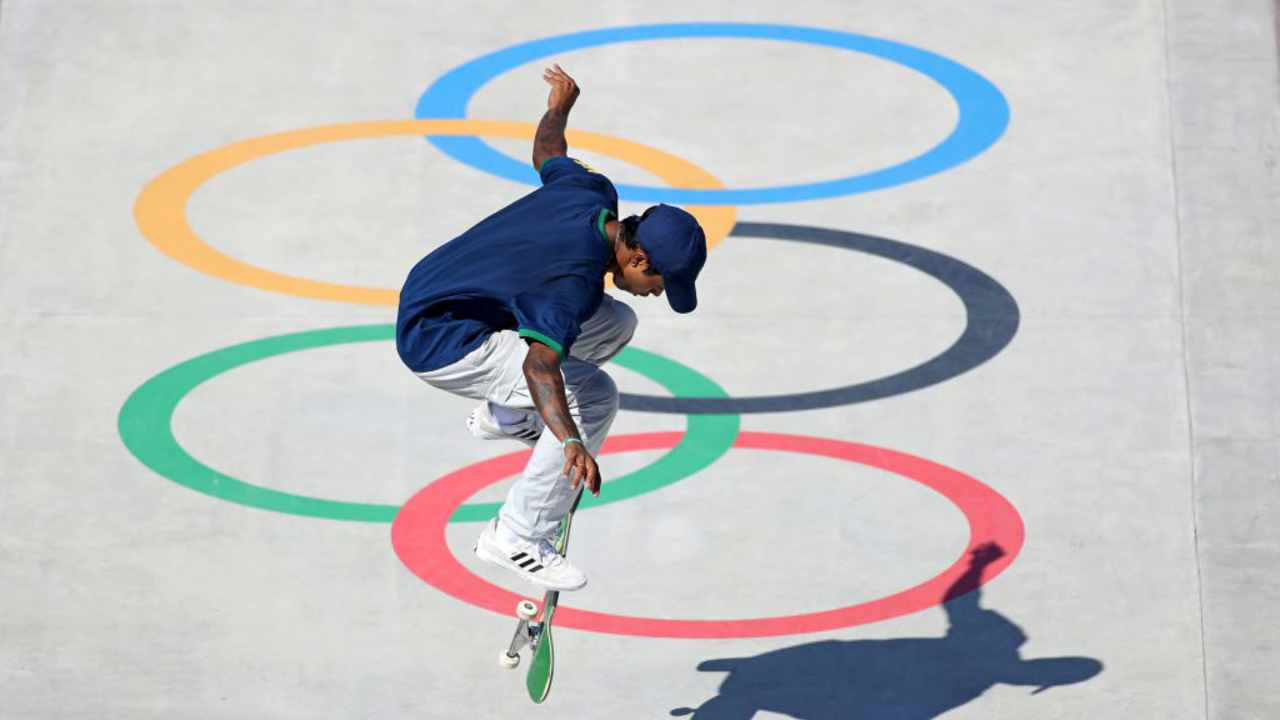
In the 1920s, people like Duke Kahanamoku, a Hawaiian athlete and three-time Olympic freestyle champion, began campaigning for surfing to be added to the Olympic programme. Many years later, surfing finally made it onto the Olympic programme for the Tokyo 2020 Games. It will also feature at the Paris 2024 Games, as the legendary surfing spot Teahupo’o in Tahiti has been selected as the venue for the surfing events. Paris 2024’s surfing events will take place between the 27th and the 30th of July 2024, Shortboard (women’s / men’s), will take place at Teahupo’o city, on the island of Tahiti.
This year a lot of Challenges are Facing the organizers of Paris 2024, all have been raised by activists that Paris 2024 is leading to the "social cleansing" of people living on the streets in the Île-de-France region. Homelessness is a big problem in Paris with the French Government aiming to relocate them during the Olympics. Posters with the message "The Other Side of the Medal" have been put up outside the headquarters of the Paris 2024 Organising Committee in Saint-Denis, calling for the protection of homeless people. The signs stuck on concrete blocks and hanging on string make reference to the Olympic motto - "Faster, Higher, Stronger - Together" to outline the concerns. "'FASTER to empty Île-de-France of precarious populations', 'Higher towards the exploitation of undocumented workers', 'STRONGER in the security response against people on the street'," the sign read, another poster read: "TOGETHER let us demand that excluded people to be taken into account." An open letter, signed by more than 70 non-Governmental organisations, denounced the "social cleansing" of the Olympics, the dismantling of informal camps in Île-de-France, the displacement of homeless people and the removal of immigrant workers' homes are among the concerns expressed by the groups.
Last month witnessed France's largest demonstration of solidarity with Palestine since the start of the war in Gaza. Another challenge for the Olympic games is the International Friendship Association (IFA), which will host the summer and winter World Friendship Games in the same years as the Summer and Winter Olympic Games, “the World Friendship Games which will take place in Moscow and Yekaterinburg, the capital of the Urals from September 15 to September 29, 2024, featuring competitions in 27 sports, including basketball, boxing, athletics, swimming, gymnastics, beach soccer, sports programming, and even acrobatic rock and roll, with The estimated cost over 8 billion rubles (90 million pounds). About 10,000 athletes from 137 countries may participate, receiving a total prize fund of 4.6 billion rubles (50 million pounds). The World Friendship Games, which might include a parade in Red Square, will be held every four years. The aim of the games is to ensure the "free participation of Russian athletes" in the competitions and the development of new formats of international sports cooperation. Approximately 20 Olympic and 10 non-Olympic disciplines are expected to be contested, while the rest of the sports that will award medals are still under discussion.
The Russian Olympic Committee remains suspended by the IOC, but individuals can still be invited by some sports to compete as neutral athletes in international events if they don't publicly support the war in Ukraine and don't have ties to the military or state security agencies.
In conclusion, the Paris Olympic and Paralympic Games are poised to bring excitement and innovation to the world of sports. With new sports on display and the challenges faced by the organizers, the event promises to be a testament to human achievement and resilience. Despite the global conflicts, the games will strive to promote unity and harmony, reminding us of the unifying power of sports in troubled times.


